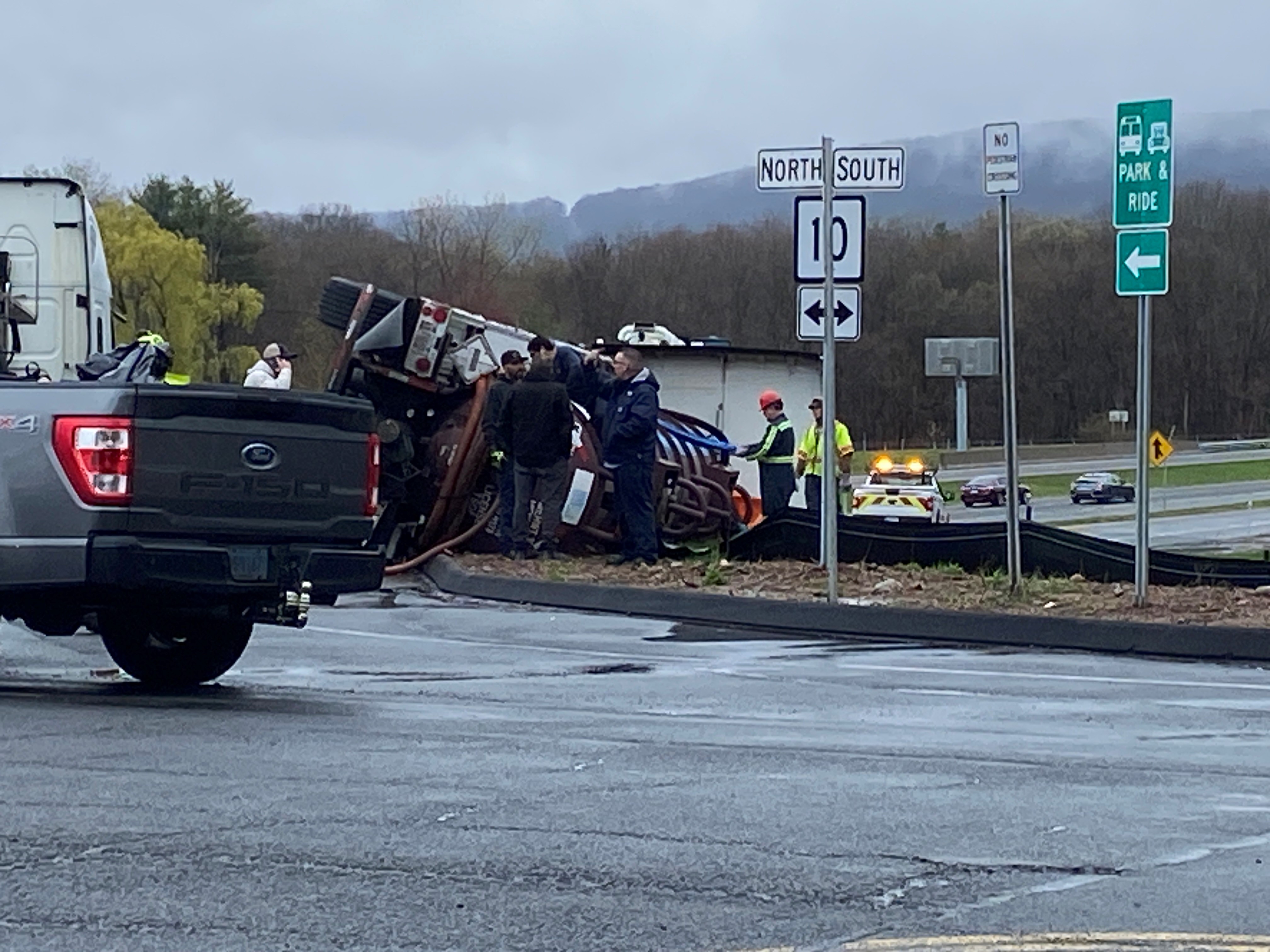A Connecticut couple is in a dispute with a tree removal contractor who they said didn’t finish the job.
Ted and Edie Sowa were excited to start building their retirement home; a tranquil log cabin by the lake. Before starting construction, all they needed were some trees cleared from the lot.
The Sowa’s solicited bids through a community forum and in January and signed a contract with the owner of one tree service, who said he could get started right away and finish in two weeks.
“It sounded perfect. I was so happy,” Ted Sowa told NBC Connecticut Responds he was initially delighted with the contractor’s timeline.
They accepted the contractor’s $3,500 bid for the job and agreed to pay half of that upfront as a deposit. However, the completion date listed on the bid passed, they said, with no communication from the contractor. Worried when they couldn’t reach him and unable to check on the lot earlier, the Sowa’s visited their property three weeks later.
With progress weeks behind deadline, the Sowa’s were dismayed to find some trees felled on top of other trees and brush and, they said, it didn’t appear any trees or brush had been cut and stacked for fuel as the bid specified.
“My stomach sunk- sunk to the ground. How could he do that?” Ted Sowa recounted.
Local
When the Sowa’s demanded a refund, the contractor told the couple they owed him more money for the work he said he completed. Both sides are threatening legal action to recoup money they believe they’re owed.
There are few standards and guidelines specific to cutting trees or tree service businesses in Connecticut. Contractors do not need a state license to cut trees, and permitting rules vary from town to town.
The state Department of Consumer Protection has some tips to help residents make sure they get the work they expect:
- Request quotes from multiple companies to help hone in on what to expect in terms of pricing, and what may be considered standard services.
- Contact local, established businesses with reviews and references residents can check out on their own.
- Make sure the contractor has a valid certificate of insurance and is clear about who will pay for any damage, whether it’s to their equipment, their property, or their neighbor’s property.
“Read your contract, get references, make sure you know what you’re signing before you sign it. Ask all your questions that you have so you don’t end up in a place where you’re unsatisfied with the work someone does,” Lora Rae Anderson, the director of communications for the Department of Consumer Protection (DCP), told NBC Connecticut.
The Sowa’s have filed a complaint with the state attorney general’s office. In the meantime, they’re looking for a different service to continue the work and clean up the mess.
“So far, it’s got a little snag going, that’s all. We’ll get through it,” Ted Sowa said.
Anyone experiencing a problem with or have any concerns about the health of trees on your property can consult an arborist. The state’s Department of Energy & Environmental Protection does license arborists, who have knowledge pertaining to different species of trees and insects. To find a DEEP licensed arborist, click here.



